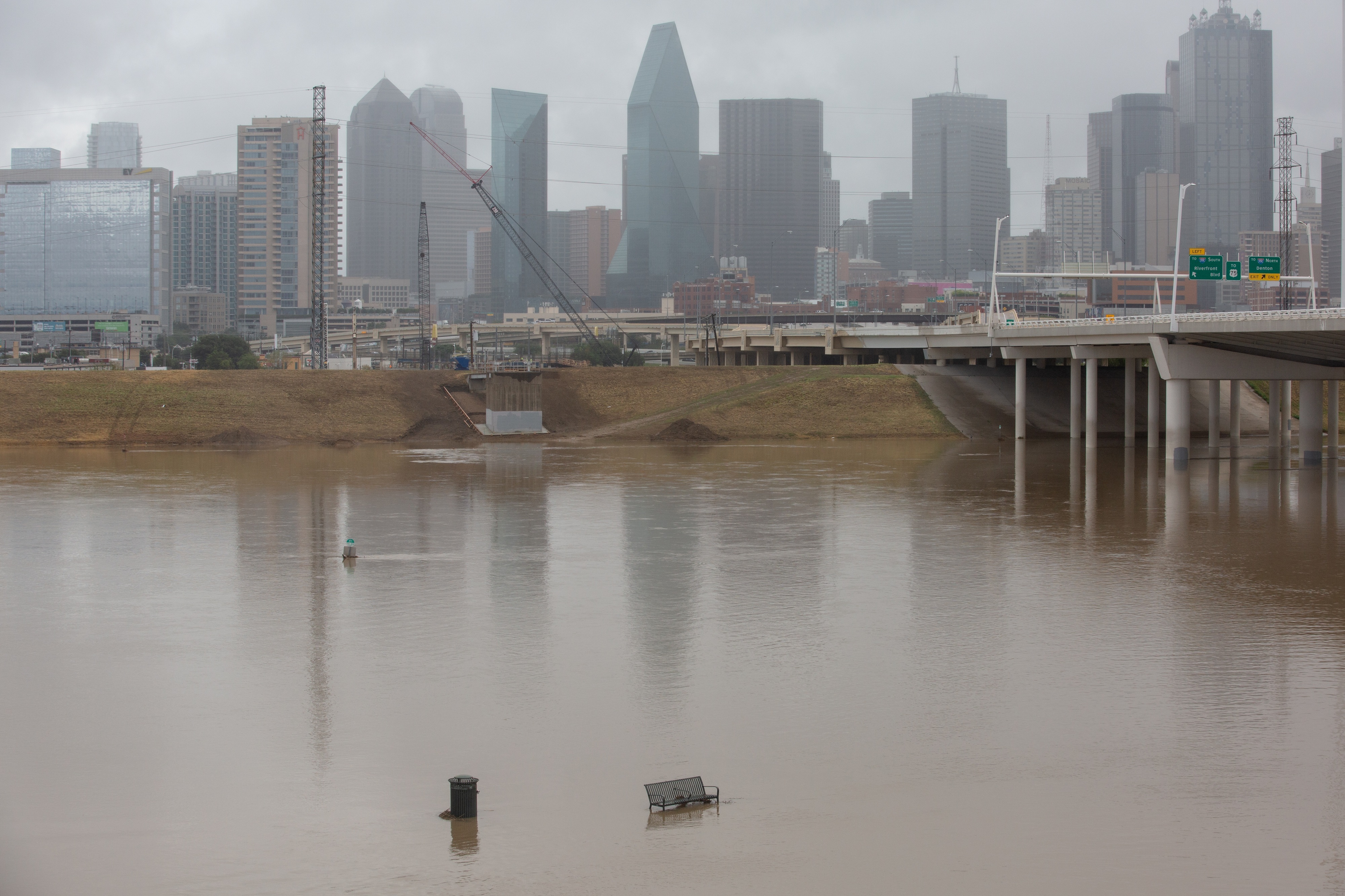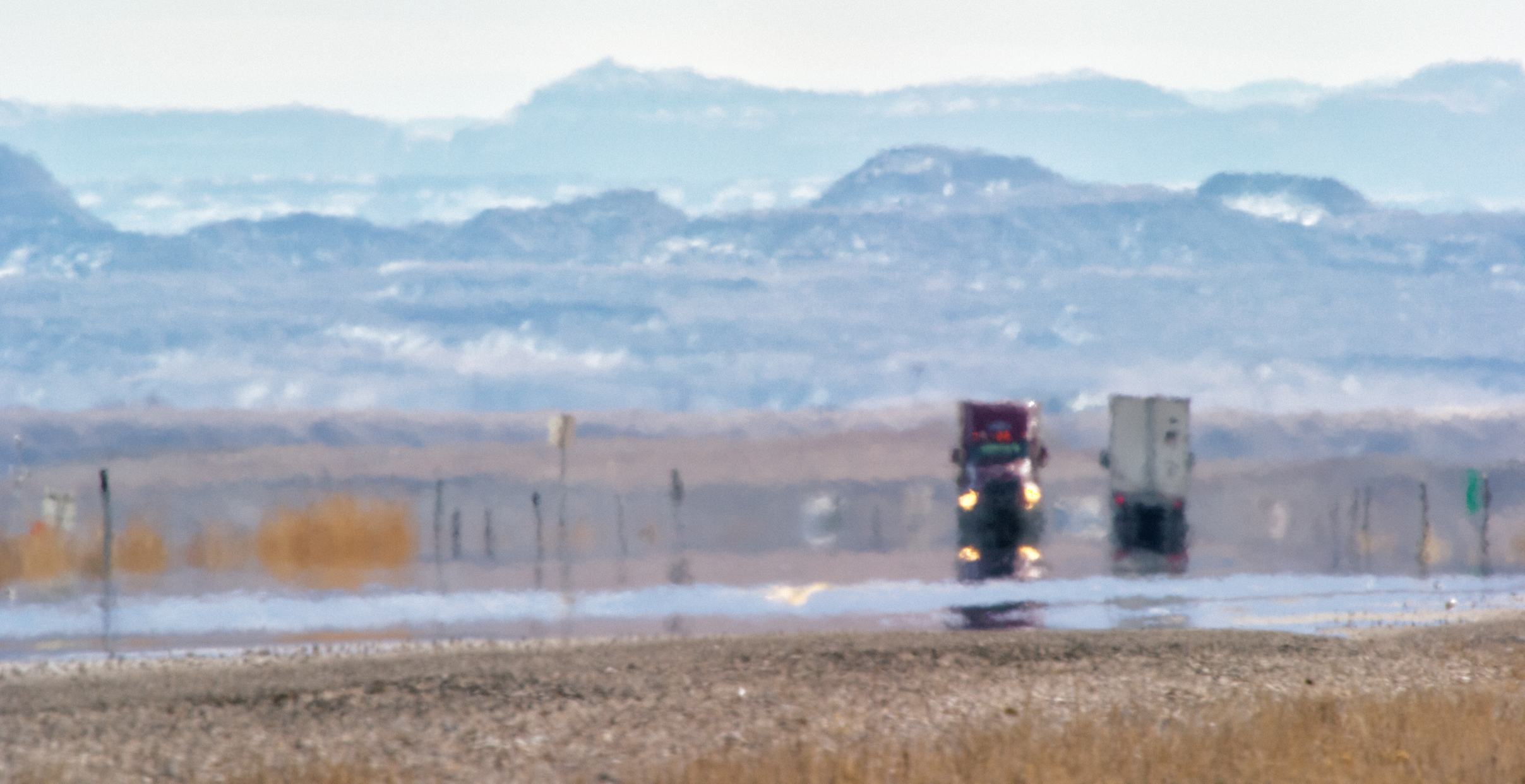The red algae bloom in the San Francisco Bay killing hundreds, if not thousands, of fish since last week likely won't end for at least a couple weeks, as the warm weather gets hotter going into Labor Day weekend, according to experts.
Environmental agencies held a press conference Monday afternoon saying the bloom - which has been reported from the Dumbarton Bridge to Oakland's Lake Merritt and the Alameda Estuary, Oyster Point, Baywinds Park in Foster City, Hayward, Keller Beach, Point Molate, and Sausalito - may come from a harmful species called Heterosigma akashiwo. It's a swimming marine algae that forms toxic surface aggregations. The species name is derived from "red tide" in Japanese.
"We do not know how long it's going to last," said Eileen White, the executive officer for San Francisco Bay Regional Water Board. "We're still studying it and monitoring it on a regular basis. Unfortunately, we have not seen an algae bloom of this particular species of this magnitude in San Francisco Bay ever before, that we know of. It's suspected it will probably last a couple weeks with the warm weather," White said. "Algae blooms usually happen in warm weather."
The bloom was first observed in July in the Alameda/Oakland area. The algae may be impacting dissolved oxygen concentrations which could be contributing to the fish deaths.
Officials said it's unclear how toxic the bloom is. Crews of biologists are gathering information and fish necropsies are being scheduled.
They also don't have an accurate count of how many fish are dead; the official count as of Friday was at least 100 striped bass and less than 10 sturgeon and mussel deaths. There have also been reports of rays dying in Lake Merritt.
James Hobbs, Environmental Program Manager of the Bay Delta Region of the California Department of Fish and Game, said dozens of sturgeon have been killed - at least seven white sturgeon in San Pablo Bay - and at least hundreds of striped bass just between the San Mateo and Dumbarton bridges.
"Those numbers are probably gross undercounting of what's total in the bay," Hobbs said.
Photos: Environmental Group Reports Large Numbers of Fish Dying Across San Francisco Bay
Get a weekly recap of the latest San Francisco Bay Area housing news. Sign up for NBC Bay Area’s Housing Deconstructed newsletter.
White said it's the most dense algae bloom in the South Bay in more than 40 years.
Though Heterosigma akashiwo isn't known to cause illness in humans, it can cause eye and skin irritation and the water should be avoided, White said.
"We do know with warming climate we had the driest January through March on record," said White. "That that may have been a contributing cause, but we're not sure what the cause is."
No recommendations have been issued regarding eating fish caught in the bay, though an annual quarantine regarding mussels along the California coast is now in place.
"This type of organism has been detected in San Francisco Bay before, but not to this level," said Jenna Rinde, Senior Environmental Scientist with the California Department of Fish and Wildlife. "We really don't understand mechanisms that's causing these fish kills."
In Contra Costa County, people had already been dealing with a different kind of algae bloom in smaller bodies of water. Blue-green algae has been a problem for years. While it’s not killing off fish, it’s dangerous to pets and humans.
Jim Mattison with the Discovery Bay Community Foundation said the town recently had success treating Willow Lake with a hydrogen peroxide mix as part of a pilot project until the manufacturer stopped making it due to COVID-19 issues.
"Once it worked in Discovery Bay, we knew that it could work all over California," Mattison said.
While experts say the red algae along the Bay isn’t a candidate for that type of fix, scientists say both types of blooms point to a need to limit pollutants, everything from wastewater treatment plant runoff to fertilizers used by farmers.
"California is just starting to wake up to the fact that these are really hitting us hard and it’s just another sign of climate change and the impacts that we need to control," scientist Ian Wren with San Francisco Baykeeper said.
NBC Bay Area's Jodi Hernandez contributed to this report.



